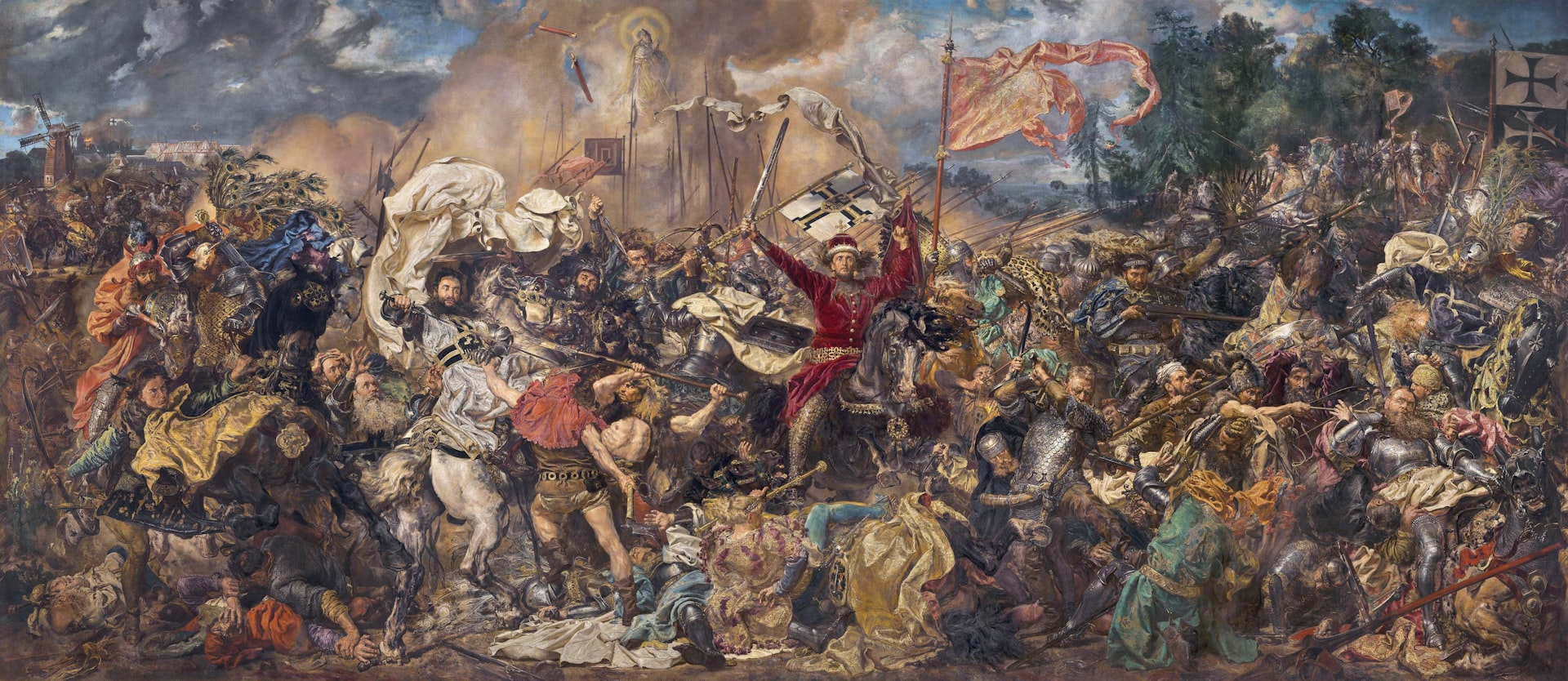How Gaming Shapes and Defines Digital Identity: Insights, Impacts, and Pathways

Photo by Sumeet Ahire on Unsplash
Introduction
Gaming is no longer just a pastime-it’s a powerful environment where individuals craft, perform, and protect their digital identities. For millions, gaming offers unique opportunities for self-expression, community building, and even personal development that extend well beyond the virtual world. Understanding the role of gaming in digital identity is crucial for players, parents, industry leaders, and anyone interested in the evolution of online culture.
The Power of Self-Expression Through Avatars
At the heart of digital identity in gaming is the avatar -a player’s alter ego in virtual worlds. The process of customizing avatars allows players to experiment with different aspects of identity, including gender, appearance, and personality traits. This flexibility supports a range of self-expressive behaviors, from subtle adjustments that reflect real-world identity, to bold transformations that enable creative exploration. Research shows that even before a game begins, players often bring elements of their real-world identity into the customization process, making the avatar a bridge between physical and digital selves [1] .
For many, this freedom is more than superficial. It creates safe spaces for individuals to explore facets of themselves they may not feel comfortable presenting elsewhere. In some cases, the identity formed in-game becomes so meaningful that players seek to integrate aspects of it into their real lives, suggesting a feedback loop between digital self-expression and actual self-perception [1] .
Avatar Identification and Personal Identity
The degree to which players identify with their avatars can have a significant psychological impact. Studies indicate that strong avatar identification may enhance confidence, satisfaction, and immersion, especially when players perceive their avatar as an idealized version of themselves. This process is influenced by the player’s goals, cultural background, and emotional investment in the game narrative [2] . The more players resonate with a game’s story, characters, and environment, the stronger their sense of belonging and self-identification within that digital community.
However, there are nuances to this relationship. Research has found that individuals with less clarity about their real-world identity might rely more heavily on their avatars to fulfill identity needs, which can sometimes lead to problematic gaming behaviors [3] . For these individuals, the boundaries between digital and physical identity may become blurred, potentially resulting in over-attachment to their virtual self.
Community Identity and Belonging
Gaming communities play a crucial role in shaping digital identity. Belonging to a group-whether a competitive team, guild, or informal network-provides members with a sense of pride and purpose. Community identity influences player behavior, encouraging positive interactions and shared norms. Many players report that being part of a respected gaming community is a source of personal pride and can even shape their lifestyle choices [5] .
Communities also foster safe environments for self-expression and provide support systems to combat issues like cyberbullying. Some gaming groups actively work to create secure, inclusive spaces by implementing peer-driven rules and support mechanisms. If you wish to join or contribute to such communities, consider searching for established gaming forums or official Discord servers, and look for groups that emphasize inclusivity and positive play. When seeking a community, use keywords related to your game of choice and “inclusive gaming community” or “safe gaming spaces” to identify supportive environments.
Digital Identity Verification and Trust
As online cheating and fraud increase, identity verification is becoming a vital aspect of digital identity in gaming. According to a recent PlaySafe ID report, 73% of gamers are open to identity verification if it means a fairer, safer gaming environment [4] . Such verification processes can help reduce cheating, foster trust among players, and safeguard in-game economies. If you are interested in games or platforms that offer or require identity verification, check the official website or support pages of the specific game. Typically, these platforms will explain their verification process and privacy policies in detail.
However, identity verification can raise concerns about privacy and data security. Before participating in any verification system, review the game publisher’s policy and ensure your information is protected. When in doubt, consult consumer advocacy organizations or search for “gaming identity verification privacy best practices” to find reputable guidance.
Practical Steps for Navigating Digital Identity in Gaming
For players seeking to harness the benefits of digital identity in gaming while minimizing risks, consider the following steps:

Photo by nicolas perez on Unsplash
- Customize with intention: Use avatar customization tools to explore self-expression, but remain mindful of how much personal information you share.
- Engage with positive communities: Seek out gaming groups that align with your values, and participate in forums or Discord servers that enforce respectful behavior.
- Monitor your engagement: Reflect on how your gaming identity affects your real-world confidence and relationships. If you notice negative impacts, consider adjusting your play habits or seeking support.
- Stay informed about privacy: Review the privacy policies of games and platforms before submitting any personal information for verification.
- Consider alternatives: If identity verification feels intrusive, look for games or communities that use alternative trust mechanisms, such as reputation systems or peer moderation.
Challenges and Solutions
The journey of building a digital identity in gaming is not without challenges. Issues such as cyberbullying, exclusion, or problematic gaming behaviors can arise. Community-driven initiatives, such as mentorship programs, peer support, and robust reporting tools, can help address these issues. Additionally, industry-wide adoption of transparent identity verification can reduce cheating and increase trust, though it must be balanced with robust privacy protections.
For those concerned about digital well-being, many organizations offer guidance on healthy gaming habits. You can search for “healthy gaming resources” or visit the official websites of mental health organizations for practical advice and support.
Key Takeaways
Gaming environments are dynamic spaces where digital identity is shaped through self-expression, community involvement, and trust-building. By customizing avatars, participating in positive communities, and staying informed about verification practices, players can create meaningful digital identities while protecting themselves online. As gaming continues to evolve, so too will the ways in which it influences and reflects who we are in the digital age.
References
- [1] CTAMJ (2023). The Use and Importance of Gaming and Roleplay in Identity Formation.
- [2] JMIR Formative Research (2024). Influence of Avatar Identification on the Attraction of Virtual Reality Games.
- [3] Frontiers in Psychiatry (2020). Avatar identification and problematic gaming: The role of self-concept clarity.
- [4] Biometric Update (2024). PlaySafe ID report: 73 percent of gamers open to ID verification.
- [5] Journal of Digital Technology and Computer Science (2024). The role of community identity in changing online gamers’ behavior.



